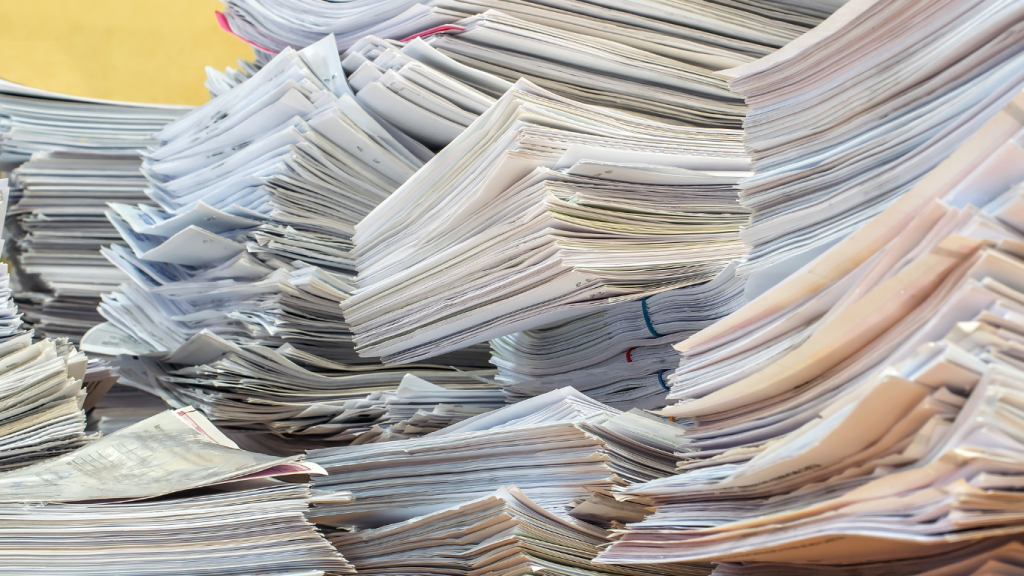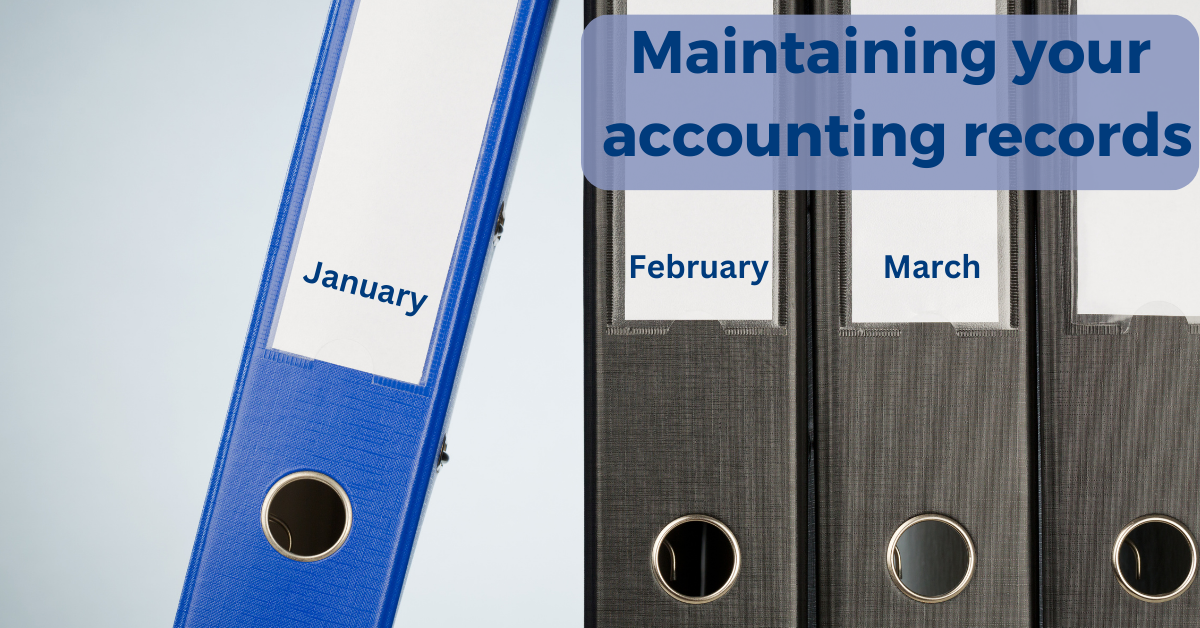How Long Should Accounting Records be kept for?
Keeping your financial documents in order is not just a good practice; it’s a legal requirement.
Why Do I Need to Keep Accounting Records?
Maintaining accurate accounting records is important for various reasons:
- Tax Compliance: HM Revenue & Customs (HMRC) requires individuals and businesses to keep financial records to support your tax calculations. This includes income, expenses, and any deductions or credits you may claim.
- Financial Management: Sound financial records provide valuable insights into your business’s financial health. They help you make informed decisions, track cash flow, and plan for the future.
- Legal Obligations: Keeping accounting records is a legal requirement under the Companies Act 2006 and the Taxes Management Act 1970. Failure to comply can result in penalties or fines.
- Enquiries and Investigations: HMRC may conduct checks into your financial affairs. Having maintained records makes this process smoother and less stressful.

How Long Should I Keep My Accounting Records?
The retention period for accounting records varies depending on your situation. As a general guideline:
- Sole Traders and Partnerships: You should keep your records for at least five years after the 31 January submission deadline of the relevant tax year. For example, records for the tax year ending on 5 April 2022, on the assumption the return was submitted on time by 31 January 2023, should be retained until at least the end of January 2028.
- Limited Companies: Limited companies are required to keep records for at least six years from the end of the financial year they relate to.
- VAT Records: If you are registered for VAT, you should keep VAT records for at least six years.
- PAYE Records: Employers should retain PAYE (Pay As You Earn) records for at least three years, plus the current tax year. As some of these records may also form part of the accounting records then it is best to keep them for six years.
- Capital Gains Tax and Inheritance Tax: For records related to these taxes, it is advisable to keep them for at least six years after the tax year they relate to.
How Should I Store My Accounting Records?
Now that you know why and for how long you need to keep your accounting records, here are some suggestions for storing them:
- Digital Storage: Consider using accounting software or cloud-based services to store your financial records securely. Regularly back up your data to prevent loss. Great tools for this, which our clients use, include Dext, Quickbooks, Xero and FreeAgent.
- Physical Records: If you have physical documents, keep them in a safe place. Use referenced folders or binders and store them in a dry, secure location.
- Shredding: When it’s time to dispose of old records, shred them to protect sensitive information.
- Professional Help: Managing your records can feel overwhelming. Consider hiring an accountant, such as Shaw Austin Chartered Accountants in Chester, to assist you with record-keeping and compliance.
Shaw Austin are a firm of Chartered Accountants based in Chester supporting independent business throughout the UK. We take the headache out of business accounting and taxation by providing our clients with a personal service.
Our offices are based in Chester. However, we support clients throughout the region from Wrexham to Wirral, Cheshire to Conwy and Criccieth to Warrington. Contact us today.
This is a general article to assist readers. Professional advice should always be taken in respect of your personal circumstances.
Published October 2023.

